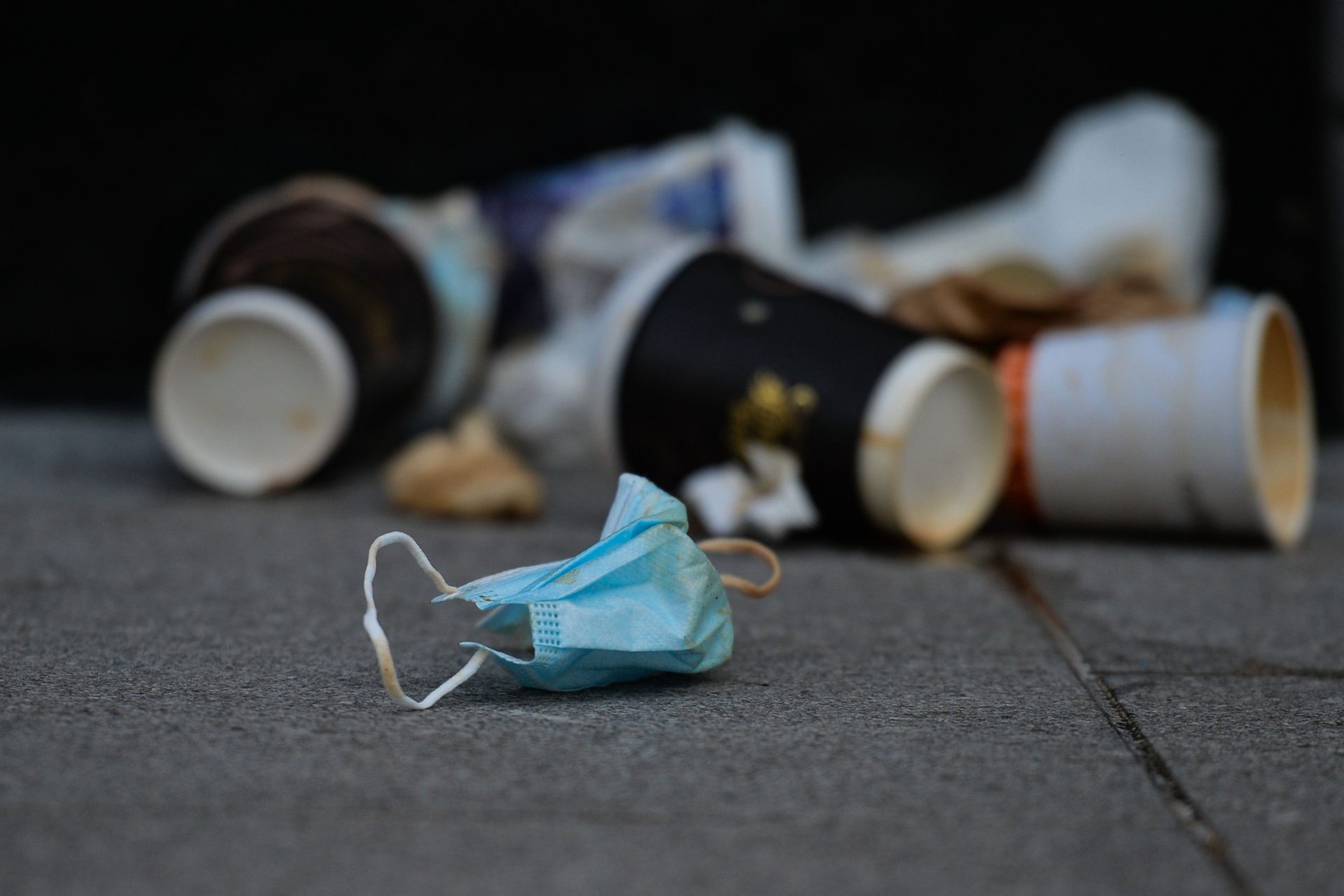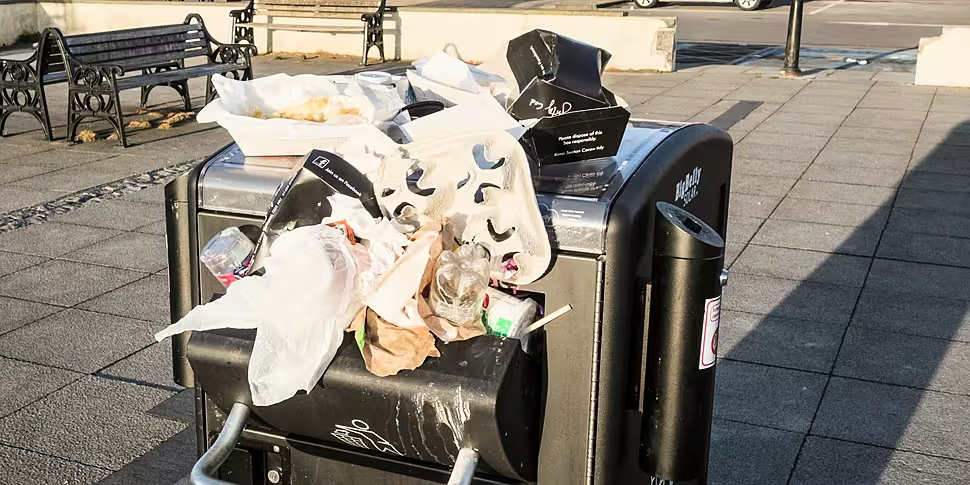There were no “seriously littered” towns or cities in Ireland for the first time in 20 years last year, according to a national litter survey.
The latest Irish Businesses Against Litter (IBAL) survey has found that Maynooth is the most litter-free town or city in Ireland while Dublin’s north inner city was the worst litter black spot.
The survey also warns that there is an increase in discarded coffee cups and disposable vapes (up 100%) right across the country.
IBAL spokesperson Conor Horgan told Newstalk Breakfast disadvantaged areas often struggle with litter.
“A lot of them are subjected to incoming people who aren’t as invested in the community, people who aren’t living there over longer periods,” he said.
“It’s hard to have pride in your area when you are disadvantaged – we see that a lot.
“There is absolutely a correlation between disadvantaged areas and litter on the streets.”
Dublin’s North Inner City was followed by Dundalk, Limerick City Centre and Dublin City Centre as other poor-performing locations.
Congrats to Maynooth, winner of the 2023 IBAL Anti-Litter League! For the first time, there were no towns or cities branded 'seriously littered'. Find your own town's report at https://t.co/ZKtHtLFGyH and read more here: https://t.co/BowFN8YZ0H pic.twitter.com/tUOgGpAVRz
— Irish Business Against Litter (@IrishLitter) January 7, 2024
Maynooth was found to be the cleanest town ever surveyed by IBAL, according to Mr Horgan.
“Not only have they come first but they received special mention from our inspectors,” he said.
“In over 20 years of surveying, Maynooth has achieved a level of cleanliness not previously encountered by our inspectors – they are doing something exceptional.
“Of the many thousands of site surveys we have done, Maynooth has raised the bar for others and that’s why they top our charts.”
Top 10 rankings:
- Maynooth
- Mallow
- Sligo
- Kilkenny
- Mullingar
- Clonmel
- Monaghan
- Enniscorthy
- Carrick on Shannon
- Ballina
Mr Horgan said coffee cups were a major setback at some sites this year.
“This type of litter was expected to be on the wane post-COVID, but has actually risen close to peak COVID levels,” he said.
“This strengthens the case of the coffee cup levy which we are still waiting for; there’s no sign of it being introduced yet and we believe it is long overdue.
“We believe coffee cups are a product that is out of step with the circular economy.
“We can talk forever about how recyclable or compostable they are but these stats show there are simply too many of them on the streets.”
 A face mask and coffee cups lie discarded on a Dublin city centre street during COVID. 8.3.2021. NurPhoto SRL / Alamy Stock Photo
A face mask and coffee cups lie discarded on a Dublin city centre street during COVID. 8.3.2021. NurPhoto SRL / Alamy Stock PhotoMr Horgan said the newly-introduced Deposit Return Scheme for plastic bottles and cans could be a “gamechanger” going forward.
“It’s a really exciting juncture in our fight against litter," he said.
“Cans and plastic bottles, they are the items that carry a deposit, are two of the three most common forms of litter on our streets.
“We have surveyed over 500 sites in total and almost half of those sites had either plastic bottle litter or can litter.
“If, as we expect, this form of litter disappears, it’s going to be a quantum change for how our environment looks.”
Mr Horgan added there was a 100% increase in the number of disposable vapes found last year.
Listen back now:
Main image: File photo shows an overflowing solar-powered litter bin in April 2017. Picture by: Islandstock / Alamy Stock Photo









